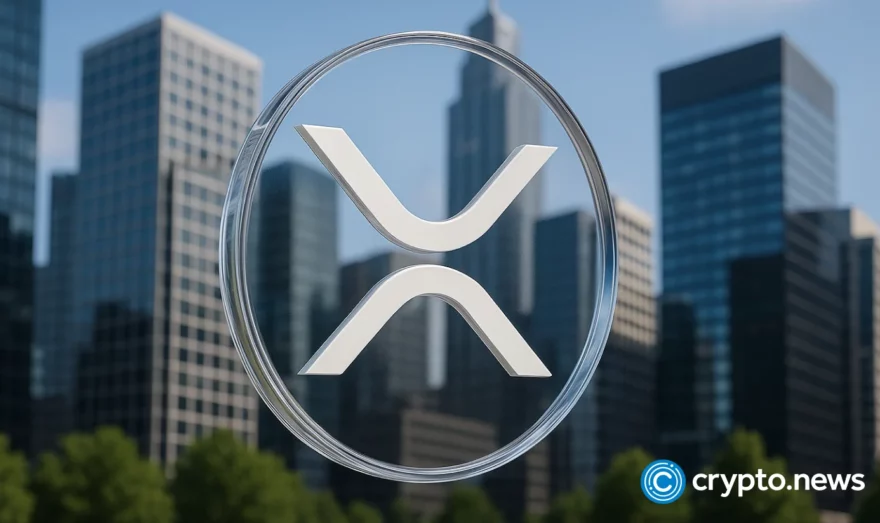Crypto founders should ‘mimic’ key aspects of memecoins, VanEck’s Kanade says

VanEck Digital Assets Alpha Fund portfolio manager Pranav Kanade advises crypto teams to prioritize alignment over pursuing quick-profit schemes.
Memecoins can serve as a foundation for a better web3 ecosystem as VanEck Digital Assets Alpha Fund portfolio manager Pranav Kanade believes that their viral nature offers unique advantages for market participation and distribution.
In an X post on Oct. 8, Kanade urged crypto entrepreneurs to take lessons from memecoins, citing their product-market fit with retail investors. Kanade particularly emphasized simplicity, transparency, and alignment between project teams and token holders as key factors for long-term success in the increasingly competitive crypto market.
“Many teams over-engineer their token,” Kanade said, noting that approximately 600,000 tokens were launched last year. He argued that the ease of launching tokens has only increased competition for these limited resources.
Crypto should double down on transparency
Kanade outlined several principles for success, starting with simple token design and a clear vision, stressing the importance of transparency, including disclosing venture capital investors’ cost basis, which is often difficult to find. The VanEck portfolio manager advocated for high token floats and low entry valuations to attract more retail participation, saying “we only get rich if we hit our goals/ship products as promised.”
Memecoins have also captured the attention of other investors, particularly as their rapid rise in popularity and market value continue to draw interest from both retail traders and venture capitalists.
Pantera Capital’s Paul Veradittakit also highlighted their power in capturing attention and distributing ownership, noting that memecoin communities often use viral campaigns to boost exposure, with some even funding real-world promotions, such as putting a memecoin on the Las Vegas Sphere.
Veradittakit noted that memecoins’ fungibility allows broader ownership distribution compared to traditional non-fungible tokens, potentially bringing new users into decentralized finance and the broader web3 ecosystem.















